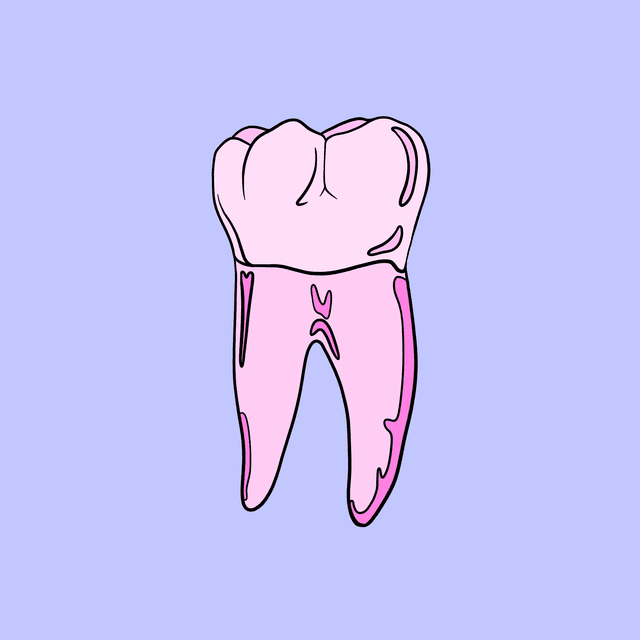Sections
Latest
Explore German dentist and teeth vocabulary, for dental health discussions





Visiting the dentist can be stressful, especially if you are in a foreign country and do not speak the language fluently (just yet).
Knowing some key vocabulary words in German can help make the experience less intimidating and more manageable.
Let's first have a look at very general German vocabulary related to the dentist's office:
German vocabulary about teeth and other body parts around the mouth are useful in any case, even if you don't plan on seeing a doctor anytime soon. Here is a list of the most important words related to teeth & gums:
If you are experiencing pain or discomfort, it is important to be able to communicate this to the dentist and their team. Being able to say "Ich habe Schmerzen" (I am in pain) or "Ich habe eine Zahnfleischentzündung" (I have a gingivitis) can help the dentist understand your concerns and provide the appropriate treatment.
The above list contains common German words & expressions to communicate tooth pain & describe your symptoms in more detail can be found in this list:
If you are in pain right now, it might be useful to remember some of these words or even write them down to bring them with you.
In addition, knowing vocabulary related to dental procedures can help you understand what is happening during the appointment.
Words such as "Füllung" (filling), "Wurzelbehandlung" (root canal), and "Zahnreinigung" (tooth cleaning) can help you understand the process and make informed decisions about your treatment.
If you are learning German as a dentist or just want to communicate better with your dentist, these next words might help talking to the dentist about their utensils.